Each year, Girlguiding, the UK’s leading charity for girls and young women, asks girls what they think through our Girls’ Attitudes Survey. They collect the views of over 1,600 girls and young women aged 7 to 21 across the country.
This year’s report shows that safety in public spaces is a big concern.
So is objectification. Sadly, 36% of seven to 10-year-old girls believe they are rated more on their looks than their abilities.
Overall, Girlguiding says its survey shows girls and young women face “multiple, compound pressures” including exposure to images that objectify women, sexist online abuse and street harassment.
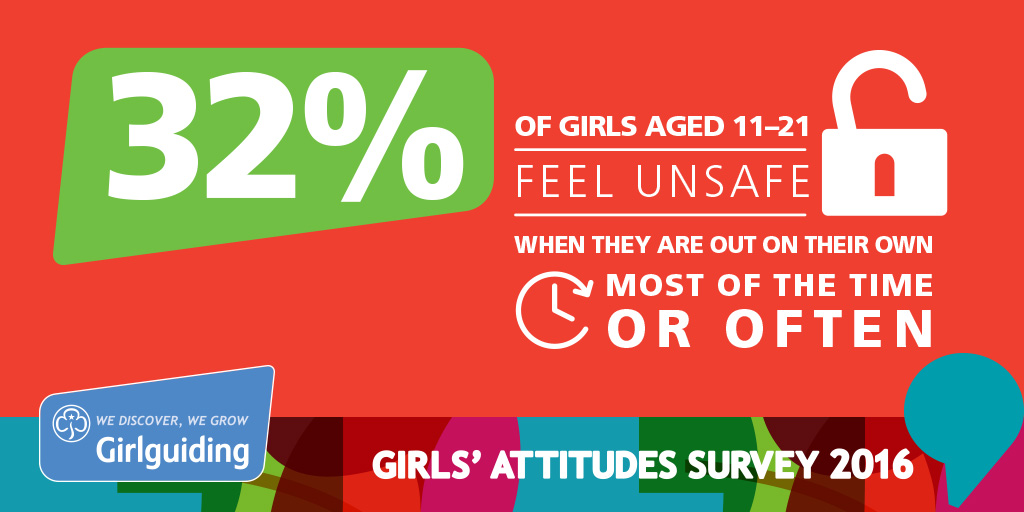

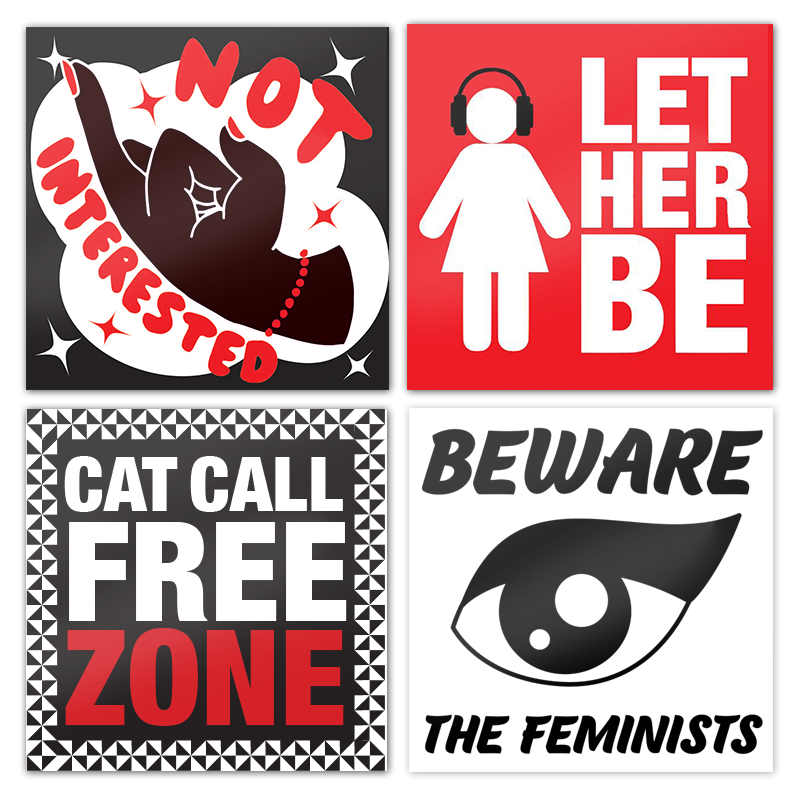
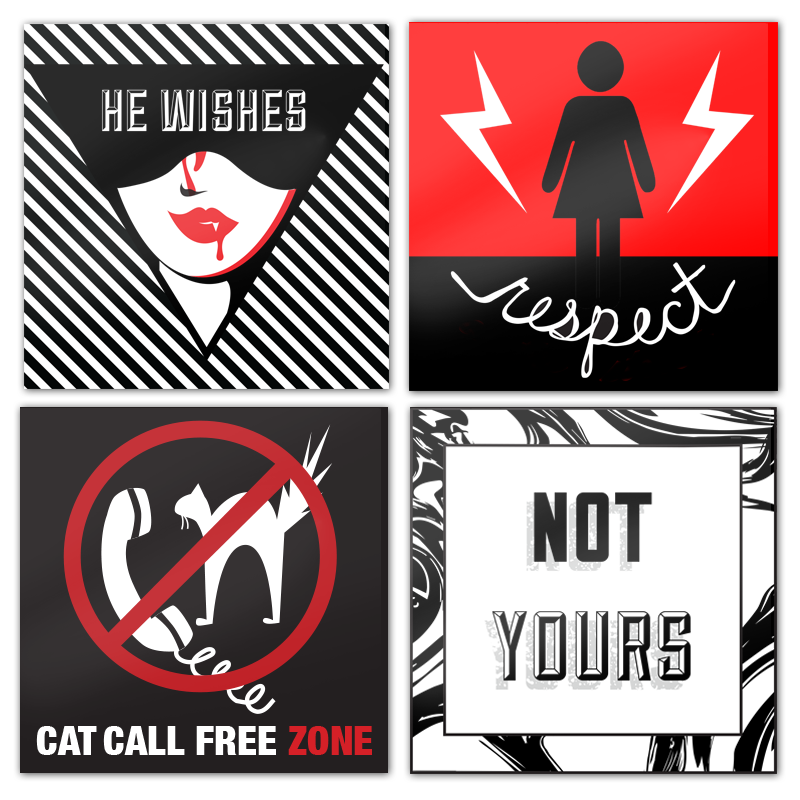
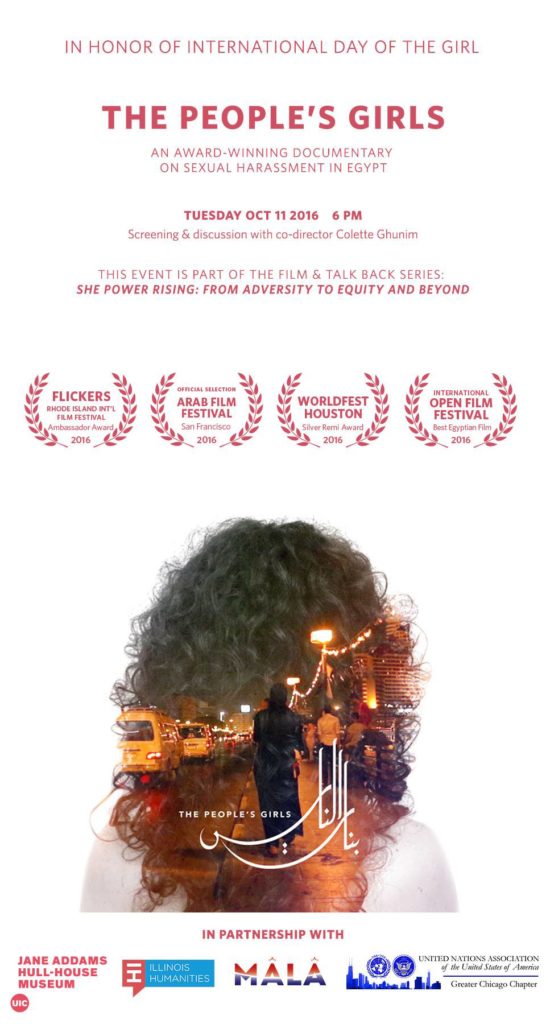
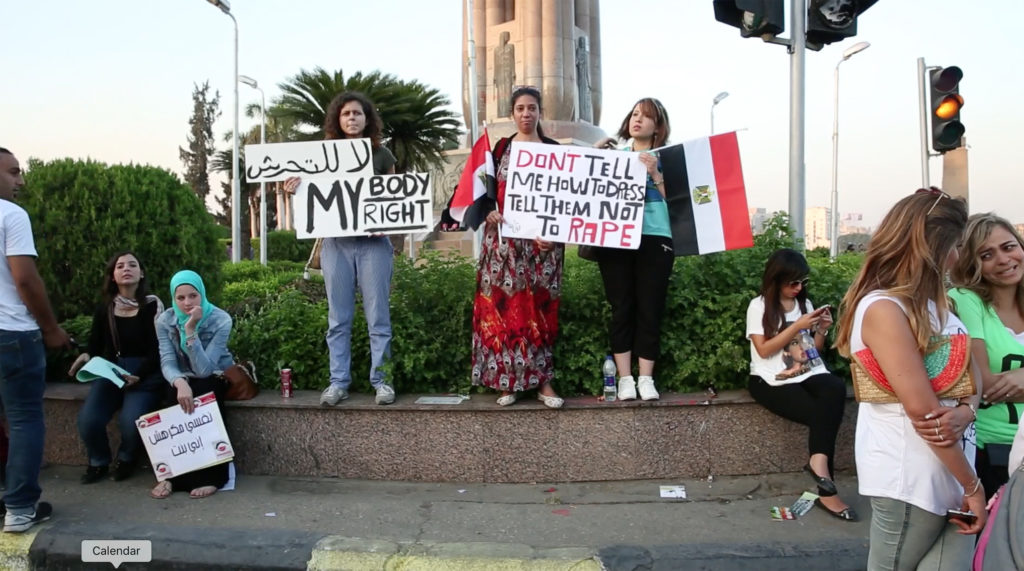 S
S Today marks the start of Freshers’ Week here in the UK. Over 400,000 undergraduates begin their first week of their first term of their first year at university. A longstanding institution, ‘Freshers’ Week’ – or ‘Welcome Week’, to give it it’s formal name – is fun, flirty and fabulous. A lot of planning goes into making it so and this year, more so than any other, a lot of effort has also gone into ensuring students’ sexual safety.
Today marks the start of Freshers’ Week here in the UK. Over 400,000 undergraduates begin their first week of their first term of their first year at university. A longstanding institution, ‘Freshers’ Week’ – or ‘Welcome Week’, to give it it’s formal name – is fun, flirty and fabulous. A lot of planning goes into making it so and this year, more so than any other, a lot of effort has also gone into ensuring students’ sexual safety.